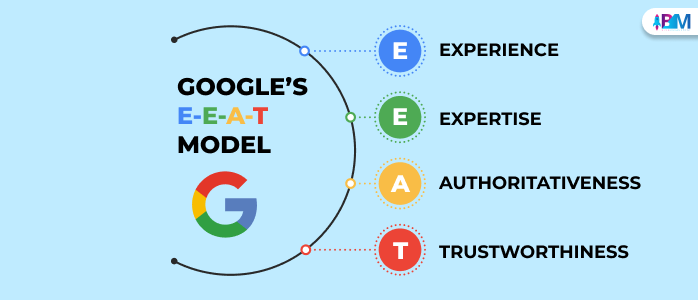Google’s Search Liaison, Danny Sullivan, stated on Twitter that E-E-A-T does not directly influence a website’s ranking.
He stated:
“It’s not a ranking factor. It’s not a thing that’s going to factor into other factors. Having an expert write things doesn’t magically make you rank better, because
1) anyone could self-declare someone to be an expert, and that means nothing and
2) we don’t somehow try to check and say “Yes, that’s an expert.” What would be a good thing is having an expert write content that people like and appreciate, because the expertise they have is self-apparent.
And if people like your content, you’re naturally lining up with completely different actual singles we use to reward people-first satisfying content.”
Key Takeaways From Sullivan’s Statment
Sullivan’s statement underscores a few crucial points.
- Google lacks a manual system to verify authors’ credentials, meaning anyone can claim expertise without stringent verification.
- This revelation also disburses a myth that content by an expert author automatically leads to better search engine rankings. Instead, the emphasis should be on crafting high-quality, audience-centric content that resonates with users.
- Google’s primary objective is to enhance user experience by delivering relevant, valuable content that aligns with search intent. Therefore, the key to improving search engine rankings lies in prioritizing audience satisfaction through expertly crafted content.
- Contrary to popular belief, E-E-A-T is not a signal. It’s a guideline crafted by Google to cater to its audience with the most authentic information. search engines.
Sullivan emphasizes the significance of aggregate click data.
(Aggregate click data assists search engines in identifying the top-clicked websites and informs the algorithm adjustments and ranking evaluations.)
Raters offer consistent data on human perceptions of expertise, authoritativeness, and trustworthiness, which get aligned with algorithmic signals through refinement.
While E-E-A-T-related elements like author bios may not directly impact rankings, they contribute to a better user experience, enhancing credibility and fostering user trust.
So, E-E-A-T strategies should be based on the user’s needs and preferences. So, invest in experts who align with the goals of improving the user experience and building trust.
Ultimately, the E-E-A-T principles align with user-centric strategies to enhance online visibility and credibility. Additionally, it cultivates a strong online presence that’s both search engine-friendly and user-friendly.
